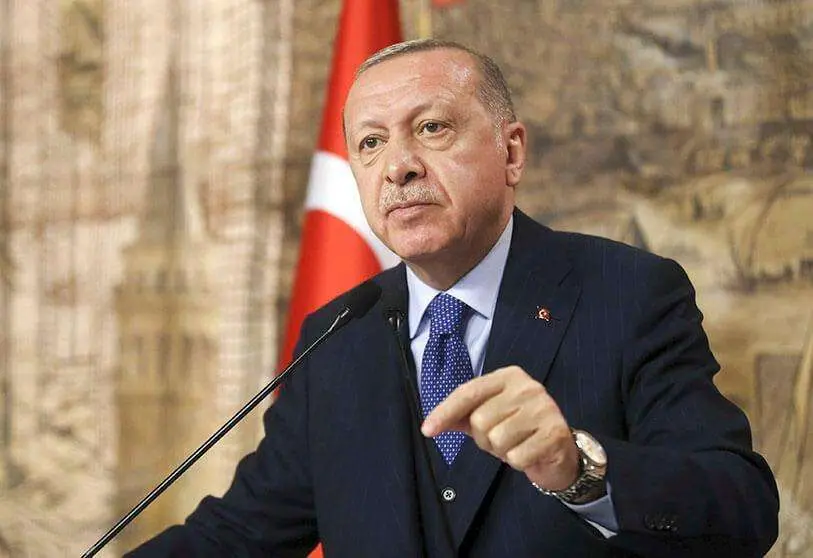Greece and Turkey return to the clash

NATO should not show the slightest fissure now that it has rediscovered its raison d'être and stands as the dike of containment against Putinist imperialism. Unfortunately, however, this is not the case. Two of its members, Turkey and Greece, are once again clashing and provoking new tensions in the eastern Mediterranean, at the very gates of the Black Sea that Russia is trying to make completely and exclusively its own.
Turkish President Recep Tayyip Erdogan has decided to unilaterally break the agreement signed by the two countries in 2010, which opened up avenues for development cooperation between the two countries to replace the traditional hostility they traditionally have towards each other. Erdogan has taken a dim view of Greek Prime Minister Kyriakos Mitsotakis' US tour, and in particular his speech to the US Congress in May, which Ankara believes was not exactly conciliatory. The reason for his displeasure is that Erdogan interpreted Mitsotakis' speech as a call for Congress not to authorise the sale to Turkey of a contingent of at least a dozen F-16 aircraft, which Erdogan had requested from Washington as a matter of urgency.
During his US tour, the Greek President Mitsotakis has repeatedly alluded to the situation in the Middle East and North Africa to justify the installation of newly armed military contingents on his Aegean islands. According to Erdogan, such rearmament of the Greek islands violates the aforementioned Greek-Turkish cooperation agreements, which is why he has decided to break them.
The Turkish president's reaction goes even further, as he ordered his Foreign Minister, Mevlut Cavusoglu, to question Greece's sovereignty over the islands if it did not immediately stop sending troops. Erdogan made the revelations to his own parliamentary group, the Islamist Justice and Development Party (AKP). According to the official statement, reported by the Anatolia news agency, the Turkish president was quoted as saying that "Greece has violated the status of the Aegean islands and must proceed to disarm them. Otherwise, a debate on their sovereignty will be opened'.
A statement rejected almost instantly by French President Emmanuel Macron, in his capacity as the current rotating president of the European Union. German Chancellor Olaf Scholz also called on Ankara to show restraint, especially "in the current circumstances, when it is more necessary than ever for NATO allies to be firmly united and to refrain from any provocation against each other".
Relations between the two countries had seriously deteriorated over the past year, especially since Athens last November denounced the Turkish coast guard for pushing a boat full of migrants towards the Greek coast. An episode among many others since the EU-Turkey Agreement of March 2016, through which Ankara pledged to stop the flow of migrants and asylum seekers towards European territory, especially towards Bulgaria and Greece. In exchange for billions of euros, Erdogan's regime stopped the huge flow of migrants although, according to Athens, Turkey has put pressure on the EU by facilitating more than a few attempts to cross into European territory, in violation of the 2016 agreement.

